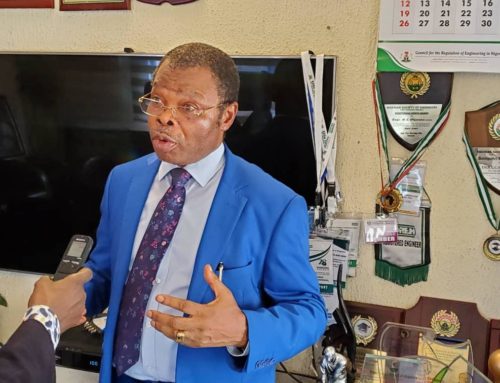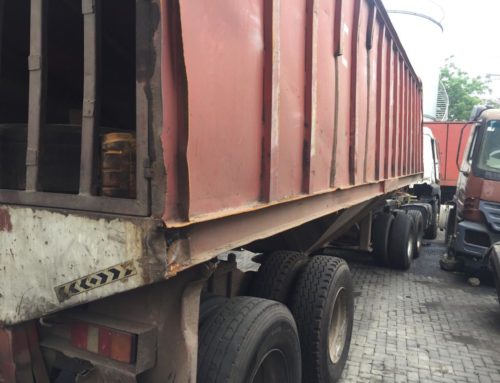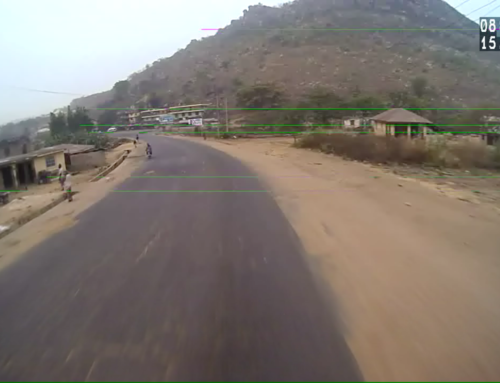Can you speak on digital engineering and the future for Gambeta?
The growing use of technology in the engineering and construction industry is very imperative, and this is driven by tougher market conditions and demand from clients for better value, reduced cost and innovation. Innovative technologies are currently being used to mitigate the risk involved in complex engineering projects. These technologies are often referred to as digital engineering, a combination of Building Information Management (the creation, collation and exchange of shared 3D models of the infrastructure’s architecture structure, and associated services) and Virtual Design and Construction (modelling software and techniques to design and evaluate possible construction processes). These technologies enable projects teams to Visualize and understand how to better undertake complicated tasks. Engineers can integrate data about a potential design, construction and function of an infrastructure to see the most efficient methods of delivery and operation.
We are also developing sensors in partnership with some international firms that will be used for preventative maintenance. This enables engineering firms to detect signs of trouble before they develop into full-blown problems. For example, contractors can embed sensors in wet concrete, where they send real-time data about the rate at which it is curing to a bespoke app. The data collected allows the contractor to optimize the curing time and take corrective action if sub-optimal conditions are detected. In the near future, real-time data about an infrastructure will be collected during the operational phase and used to optimize its performance. This data will then be combined with existing monitoring systems such as SCADA (Supervisory Control and Data Acquisition) and BMS (Building Management Systems). One simple application in West Africa would be to monitor the use of federal and highways. This will enable the Federal ministries to better anticipate the development of defects-pot holes, fretting and cracking. Detecting these defects early will reduce the need for costly and time-consuming road resurfacing works. These digital technologies are bringing smart cities closer to reality. Therefore, we should anticipate a fundamental change in how people move and interact with their surroundings.
We are internally disrupting our businesses and rethinking our business model. Gambeta is positioning itself to gain a competitive advantage against international contractors. Achieving this will require more collaboration with indigenous domestic contractors within the nation.








Leave A Comment